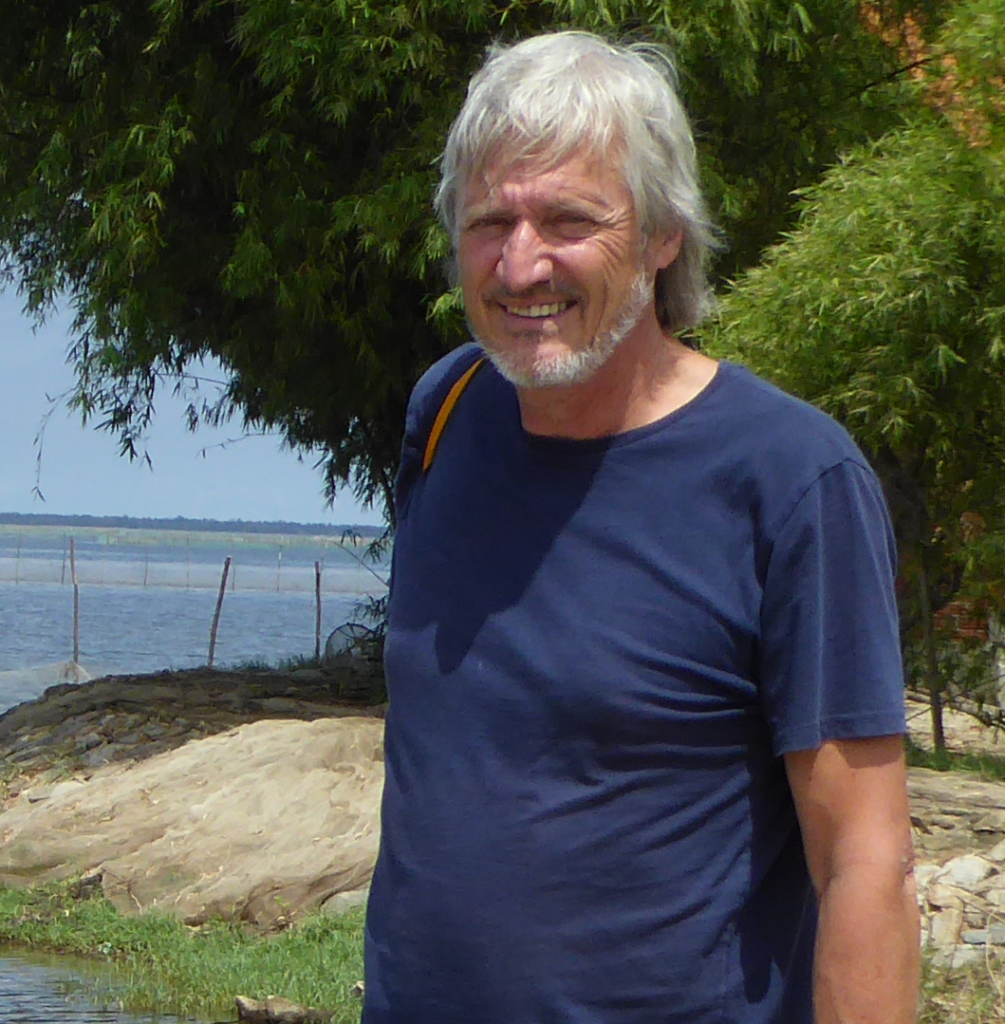
I am a practitioner, researcher and writer focusing on local level development and ways of building sustainable futures.
Some recent headlines from my work include the forthcoming book ‘Disaster Makers: Tackling Unmanaged Growth for Sustainable Futures (Bloomsbury: 2024) and the 2019 publication ‘Making Aid Agencies Work‘ (Emerald). The report ‘Turning the World Upside down‘ was based on consultation between members of local CSOs responding to the short and longer-term challenges presented by the COVID-19 pandemic; a resource microsite ‘Dealing With Disasters‘ was directed at national Civil Society Platforms; I researched and wrote a resource guide on integrated local action – ‘The Coherence Cookbook‘; I facilitated, with John Norton, a special edition of the Journal of Disaster Prevention and management ‘Disaster prevention – Doing it differently by rethinking the nature of knowledge and learning’
You can find out more about these and other projects in ‘ideas and stuff.’
(Beyond my professional work I also make music . . .)
Latest Project: Disaster makers
Disasters used to be distant from people in the rich Global North. Now we’ve all lived through one and many find their hopes of returning to life as it was have been dashed. What’s going on? What comes next? What about the Climate Emergency?
‘Disaster makers’ brings the insights of Disaster Science to bear on the pandemic, cascading disasters following it, what comes next and what we can do about it.